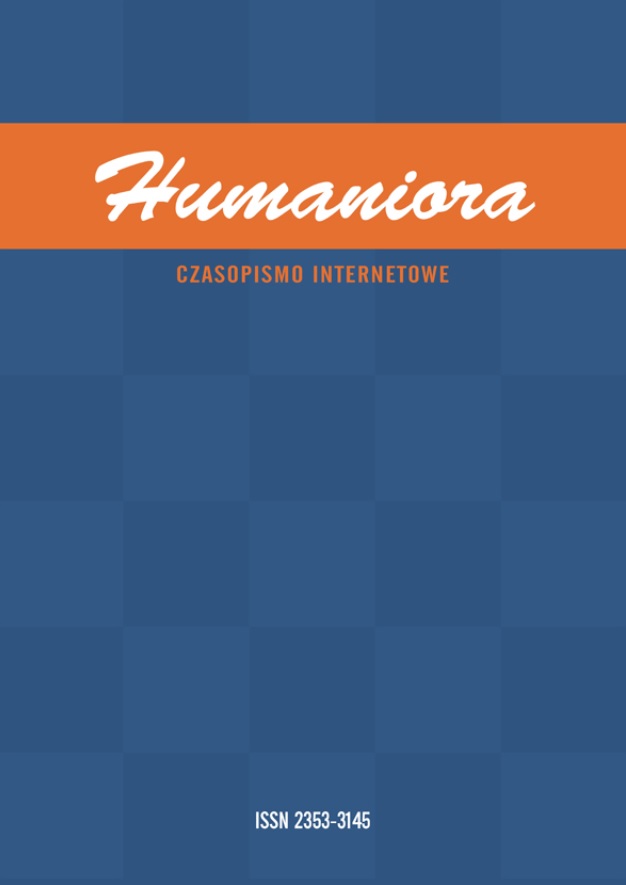On the lack of explicit internal criticism of contemporary personalists. An outline of the problem
On the lack of explicit internal criticism of contemporary personalists. An outline of the problem
Author(s): Michał StachurskiSubject(s): Philosophy, Ethics / Practical Philosophy
Published by: Uniwersytet Adama Mickiewicza
Keywords: personalism; criticism; method; methodology; philosophy; theology; differences
Summary/Abstract: Contemporary personalism was born out of a certain anthropological disagreement with certain concepts that arose on the basis of naturalism and scientism in the nineteenth and twentieth centuries. However, as practice shows, personalism has not achieved spectacular “success” in the world of philosophy in the form of neither clear external criticism from opponents (be it from the Frankfurt School or representatives of postmodernists), nor internal criticism within the framework of discussions within personalism itself. And yet it is difficult to deny the representatives of this trend a clear contribution to the development of such concepts and terms as: value, person (as a corporeal and spiritual being with social orientation), common good, commitment. The aim of this article is to try to answer the question why criticism within personalism could result in a certain exposure of views “outside” the world of philosophy.
Journal: Humaniora. Czasopismo Internetowe
- Issue Year: 41/2023
- Issue No: 1
- Page Range: 53-64
- Page Count: 12
- Language: English

